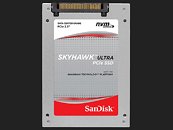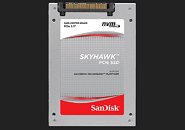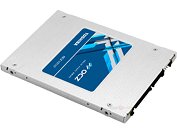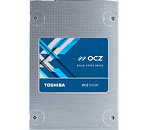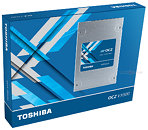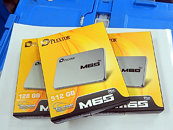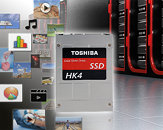
Toshiba Unveils Embedded NAND Flash Memory Products for Automotive Applications
Toshiba Memory Corporation, the world leader in memory solutions, today announced that it has begun shipping samples of embedded NAND flash memory products for automotive applications that are compliant with JEDEC UFS version 2.1. The new products meet AEC-Q100 Grade2 requirements and support a wide temperature range of -40°C to +105°C, offering the enhanced reliability capabilities that are required by increasingly complex automotive applications. The line-up meets a broad range of applications requirements with five different capacities: 16 GB, 32 GB, 64 GB, 128 GB and 256 GB.
The new products are embedded NAND flash memory products that integrate NAND chips fabricated with 15 nm process technology and a controller in a single package. Storage requirements for automotive applications continue to increase as systems including automotive information & entertainment systems and ADAS become more sophisticated, and UFS supports their high performance and density needs. The addition of automotive UFS expands Toshiba Memory Corporation's line-up of embedded NAND flash memory products for automotive applications, which currently includes automotive e-MMC products. Utilizing the UFS interface allows the new products to achieve sequential read of 850 MB/s and random read of 50,000 IOPS, which are approximately 2.7 times and 7.1 times faster than their current e-MMC counterparts, respectively.
The new products are embedded NAND flash memory products that integrate NAND chips fabricated with 15 nm process technology and a controller in a single package. Storage requirements for automotive applications continue to increase as systems including automotive information & entertainment systems and ADAS become more sophisticated, and UFS supports their high performance and density needs. The addition of automotive UFS expands Toshiba Memory Corporation's line-up of embedded NAND flash memory products for automotive applications, which currently includes automotive e-MMC products. Utilizing the UFS interface allows the new products to achieve sequential read of 850 MB/s and random read of 50,000 IOPS, which are approximately 2.7 times and 7.1 times faster than their current e-MMC counterparts, respectively.


